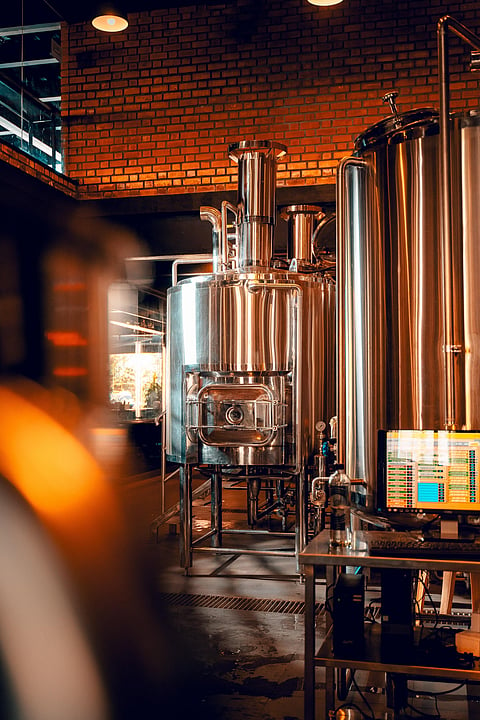

Anubhab Roy
Karnataka’s alcohol market, for some time, has been a volatile entity (pun intended). For months, prices of various categories of liquor have been on the surge, tightening the pockets of sellers and consumers alike. With the newly-proposed hike – `10-15 per quarter for most liquor and 10 per cent across bottled beer – things could get worse in the coming weeks. Industry-insiders in the city cast their views on the potential hike, and what it could mean for their businesses.
This is, of course, not Karnataka’s first brush with liquor hikes. Over the course of months now, except luxury-tier liquors, alcohol – especially bottled beer – has turned out to be a frequent hiker. Vinay BC, founder of Long Boat Brewing Co, heading a microbrewery that makes its own beer, has a different price-hike on beer to contend with. “We being a microbrewery, the rule for beers won’t impact us, but the government recently hiked the overall excise duty for microbreweries from `35/litre to `60/litre, this did impact the sector in a significant way.” Ajay Nagarajan, an industry veteran, spares no vehemence in his disdain for the decision. “Absolutely ridiculous. It’s the second hike in four months,” he says. Arun George, co-founder and director of Toit, echoes these sentiments ruefully. “This is the third hike in duties in a year; not justified at all. Beer is a low-alcohol beverage. There should instead be a push to lower duties on beer, but what’s happening now does not bode well for business owners or our patrons,” he comments.
But what is it about Karnataka particularly that invites such a flurry of liquor hikes? Vinay lists several probable causes. “Karnataka operates through a state-run wholesale model (MSIL - Mysore Sales International Limited), giving it a tight grip over pricing and distribution. This enables easier implementation of price revisions compared to states with less centralised control. With Bengaluru being a massive urban market, liquor consumption is high and price-insensitive, especially in mid to premium segments. The government knows it can safely hike prices without significantly reducing consumption among urban consumers.”
Vinay also refuses to see this hike outside the context of political motivation. “Liquor is seen as a ‘soft target’ for taxation – increasing prices garners minimal public backlash while funding populist schemes. It’s politically easier than raising direct taxes or on essentials,” he remarks. Nagarajan sees this move more as a snake that will eventually eat its own tail; he says, “With possibly the highest excise taxes on liquor and beer in the country, it is going to be detrimental. Consumption will decrease and eventually result in lower excise collections for the government, defeating the purpose of the hike.”
The potential hike would have repercussions on customers, and would require re-strategising on the businesses’ part to retain their consumer base. “We invite our regular customers for any new beer launches and trials, and call a selected few for our anniversary celebrations,” Vinay says, who refuses to compromise on the quality of the products. As Nagarajan states, “Unfortunately, we have to offer deals and discounts, taking a loss on many occasions to keep our customers coming.” George, although disappointed, hopes that the customer base is understanding at the face of this hiccup, stating, “All we can do is focus on maintaining our quality standards and hope customers will continue to see value in what we offer, despite these unfortunate price hikes.”